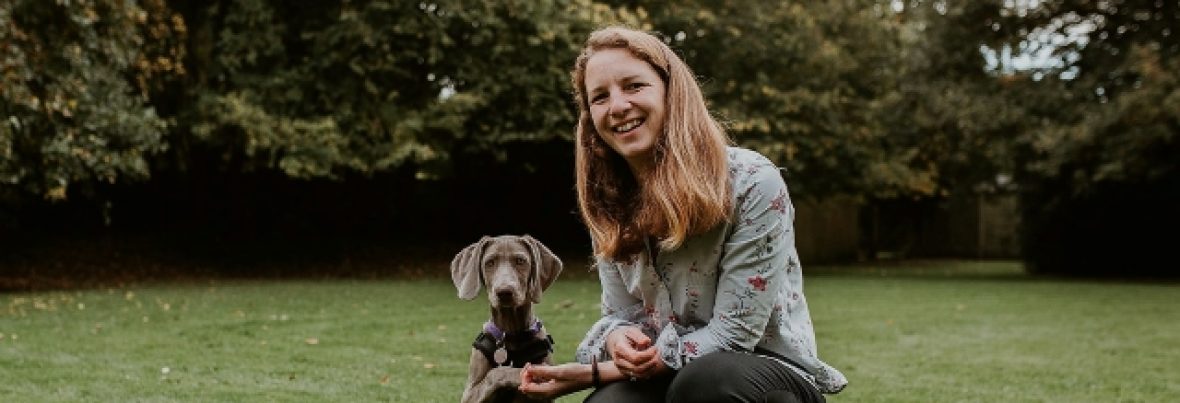The Consultation
Prior to your first consultation you will be asked to complete a history form which provides some background information about your pet and the problem. I will also request a medical history from your vet, as it is very important to get a complete picture of the situation, and to involve everyone that has a role in the care of your pet.
The consultation takes up to two hours, during which time I will get to know you, your pet and the issues you are facing. A plan will be formed, and any techniques to be used will be demonstrated and observed, to ensure you are confident and comfortable with what you are being asked to do. By the end of the consultation you should feel you have a better understanding of why the problem has developed, and a clear plan of action.
Following this consultation I will produce a detailed written report, which I will also share with your pet’s vet. You will have free email and telephone advice for a period of 2 months after your consultation. Keeping in touch regularly ensures that I can give you support through what can be a challenging process. This helps to keep momentum, and also means that you don’t feel as though you are struggling alone; we will work together to get the best result for you and your pet.
Face-to-face follow-up consultations can be very helpful and are available to help iron out any issues that come up as you work through the treatment plan.
Pricing
Dogs – First consultation and report £350
Cats – First consultation and report £250
Follow-up consultations £80
Background
I graduated as a vet from the University of Bristol in 2006. I then worked in small animal veterinary practices in North Somerset for ten years. I greatly enjoyed general practice and during this time I developed an interest in canine and feline behavioural problems. I could see the enormous impact they can have on an owner-pet relationship, and I wanted to be able to look after a pet’s emotional wellbeing as well as their physical health.
I am a Certificated Clinical Animal Behaviourist (CCAB), which means that I have been assessed by ASAB, an independent body, and have been found to meet all their exacting requirements (https://www.ccab.uk/practising-ccabs). As a result many pet insurers will cover a behavioural consultation performed by myself. I am a full member of the FABC, APBC and the ABTC.
I have completed a Master’s degree in Clinical Animal Behaviour from the University of Edinburgh. This covered dog and cat behaviour and learning, the means by which unwanted behaviours develop and methods of addressing these problems. I have also published a research paper investigating the relationship between cognitive decline (dementia) in dogs and its relationship with their physical health, https://www.mdpi.com/2076-2615/13/13/2203.
Knowledge of both veterinary medicine and behaviour gives an important overview of a pet’s wellbeing. Often the development of unwanted behaviours is very complicated, with pre-existing medical problems (such as arthritis or diabetes) being a key factor. By identifying these and liaising with your vet, an effective and long-lasting treatment plan can be created.
Although there are medications available for the treatment of behavioural problems, I never use them without also making changes in a pet’s management and training. The use of medication would always be discussed in depth with yourself and your vet and the decision made together.

